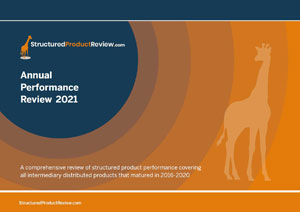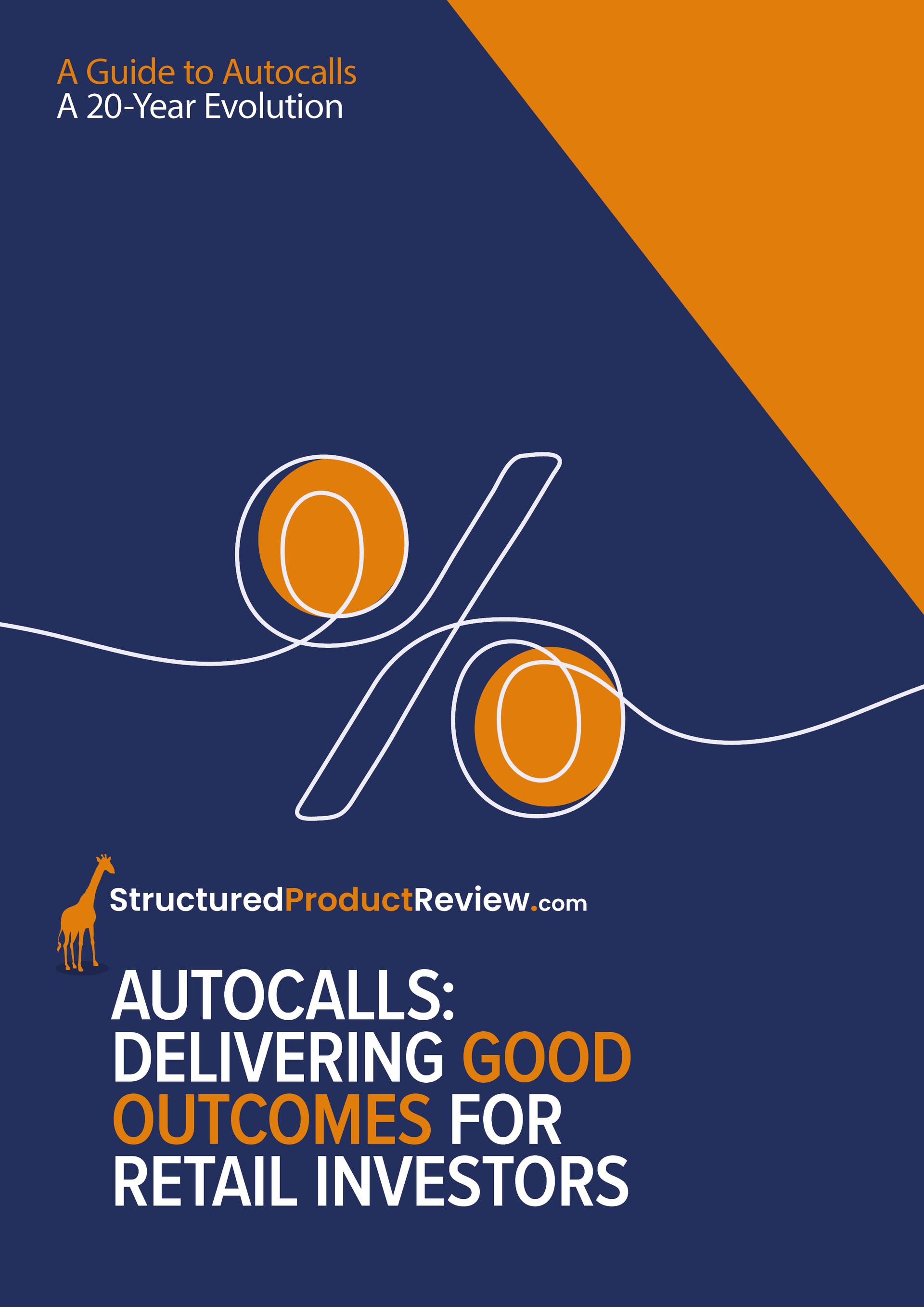The following article is a publication by iDAD
There has been a lot of chat about “chat” recently and we’ve been investigating potential uses for some of the new AI software available – the following article about prospects for inflation in the UK has been generated using ChatGPT4 from OpenAI, taking account of content suggestions and article objectives provided by IDAD. The consensus view on inflation seems to be that it will be higher for longer. If you’re reading this, you will probably have seen our latest inflation-linked deposit offering – we always try and deliver products that match the requirements of investors.
We may use the software in future and will always identify where we have. As a company, we pay close attention to the themes that are shaping the future (AI bots for example). If you are interested in accessing the associated growth opportunities, do have a look at our Future Wealth Fund – a whole-of-market, platform-friendly UCITS fund giving exposure to a range of thematic ETFs.
Inflation's Prolonged Party: Why the UK's Cost of Living Just Won't Quit
The UK is in the midst of an inflationary storm, with the cost of living becoming an increasingly hot topic as people feel the pinch on their wallets. From skyrocketing energy bills to the ever-growing price tags at the grocery store, the British public is grappling with the highest inflation levels in decades. As we navigate these uncharted waters, understanding the forces driving inflation and its potential impact on our lives and investments has never been more crucial. In this article, we'll take you through the factors contributing to this prolonged period of high inflation and explore the challenges and potential opportunities it presents for investors. So, buckle up and join us as we dive into the world of rising prices and the UK's cost of living that just won't quit.
I. The Great Inflation Scramble: Unravelling the Key Drivers
The Global Supply Chain Crisis
The global supply chain crisis, a result of the COVID-19 pandemic and other geopolitical factors, has caused disruptions in the production and distribution of goods. This has led to an increase in shipping costs, which has contributed to rising inflation.
Increased Energy Prices
Energy prices have soared, with Brent crude oil reaching over $127 per barrel in 2022. Higher energy prices have a knock-on effect on the costs of production and transportation, which in turn drives up consumer prices.
Food Price Inflation
One significant factor contributing to the current inflationary environment is the surge in food prices. According to the Food and Agriculture Organization of the United Nations (FAO), the global food price index has experienced a staggering increase of 30.5% since February 2020. This sharp rise can be traced back to the expansionary monetary policies implemented by central banks in response to the COVID-19 pandemic. As governments sought to stabilise their economies and protect livelihoods, the resulting liquidity injected into the market has played a role in driving up prices across the board, including food prices. Consequently, consumers find themselves facing a higher cost of living, with the prices of essential food items hitting record levels.
II. The Bank of England's Stance: Inflation's Staying Power
The Bank of England's Monetary Policy Committee (MPC) has acknowledged the persistence of high inflation. In a recent statement, the MPC noted, "The outlook for inflation in the medium term will depend on the balance of demand and supply pressures in the economy, and the speed with which those pressures dissipate”. They also highlighted the uncertainty surrounding the path of inflation, as factors like energy prices and supply chain disruptions continue to evolve. However, it is important to note that the MPC does not believe that the current inflation levels will persist indefinitely. They expect a gradual moderation of inflationary pressures over time but acknowledge that the pace of decline is uncertain.
III. Investment Challenges: Navigating the Inflationary Waters
Prolonged high inflation can pose significant challenges to both traditional fixed income and equity investments.
Fixed Income Investments
For fixed income investments, such as bonds, higher inflation erodes the real value of the interest payments, making them less attractive to investors. As a result, bond yields may rise to compensate for the higher inflation, which could lead to capital losses for existing bondholders.
Equity Investments
Equity investments are often considered a good hedge against inflation, as companies can potentially pass on increased costs to consumers through higher prices. However, this is not always the case, as some industries may struggle to raise prices due to competitive pressures, resulting in lower profit margins and weaker stock performance.
IV. What Can We Do? Inflation-Linked Investments
Given the challenges posed by high inflation, investors may want to consider incorporating inflation-linked investments into their portfolios. These investments, such as inflation-linked bonds or real assets like real estate, are designed to provide a direct hedge against inflation, as their returns are adjusted in line with changes in inflation rates. In this way, they offer protection against the erosion of purchasing power that inflation can cause.
Inflation-linked bonds, for example, are typically issued by governments and have their coupon payments and principal values adjusted to reflect changes in inflation. These bonds can provide a more reliable income stream and a better store of value compared to traditional fixed income investments in an inflationary environment.
Real assets, like real estate or commodities, tend to perform well during periods of high inflation as their prices often rise in tandem with broader price increases. As a result, they can act as a natural hedge against inflation and provide portfolio diversification benefits.
Conclusion:
The outlook for inflation in the UK is uncertain, with various factors contributing to its persistence. The global supply chain crisis, rising energy prices, and increasing food costs have all played a role in pushing inflation higher. The Bank of England's Monetary Policy Committee acknowledges the persistence of inflation but expects it to moderate over time. However, the pace of decline remains uncertain.
As a result, investors face challenges in navigating the inflationary environment, with traditional fixedincome and equity investments potentially underperforming. In response, investors may want to consider inflation-linked investments, such as inflation-linked bonds or real assets, to provide a direct hedge against inflation and protect their purchasing power.
Also in this section
- 2,000 and counting
- Q2 2024 maturity results
- 20 years of autocall maturities
- Product focus - June 2024
- Fixed income or interest?
- Maturities of the month - May 2024
- The barrier debate - revisited
- Product focus - April 2024
- Maturities of the month - April 2024
- Time to call
- I don't believe markets are ever too high for Structured products!
- Notes on counterparty exposure
- Return of Nikkei
- Q1 2024 issuance
- Q1 2024 maturity results
- Structured Products – AAAAAGH!
- Hop in CIBC
- Re-enter Santander
- How to build a financial fortune - revisited
- Issuance in 2023
- Where's the risk?
- Questionable offerings
- Challenging the case against structured products - 'Loss of dividends'
- Navigating the investment landscape
- Challenging the case against structured products - Counterparty risk
- 6-year autocalls approaching final destination
- 1,750 FTSE capital at risk autocall maturities
- The leopard that changed her spots
- Q3 2023
- Challenging the case against structured products - Keydata
- Dilemmas for UK IFA's and the unique role of Structured Products
- 'High charges'
- Precipice bonds
- Intro
- FTSE 100 Contingent Income
- Indexing the indices
- Something different
- Investing through volatility
- 100 10:10s
- The best or worst?
- The 10%/25% 'Rule' that never was
- Structured products and the yield curve
- Fixed income: Capital at risk?
- Prospects for UK inflation - and fun with A.I!
- The Barrier Debate
- More Deposits for now
- Last of the Americans
- What if?
- Time heals all wounds, we hope...
- How to diversify portfolios using structured products?
- The Proof Is In The Pudding...
- Debunking Structured Misconceptions
- 1,500 FTSE Capital-at-Risk Autocall Maturities
- Q3 2022 Maturity Results
- What do we prefer?
- Deposits vs Capital ‘Protected’
- There’s time yet…
- Where did you invest your clients?
- A Six-Month Reflection
- Return of the Rev Con
- Happy 2nd Birthday FTSE CSDI
- Q2 2022 Maturity Results
- The best and worst yet still the best
- Critique my Suitability - Mariana 10:10 Plan June 2022 (Option 2)
- 10/10 for 55 10:10’s
- Q1 2022 Maturity Results
- 'How to build a financial fortune': a follow up
- Critique my Suitability - Mariana 10:10 Plan April 2022 (Option 2)
- 2021 Capital-at-Risk Autocall Maturity Review
- An unwelcome return...
- CSDI's First Birthday
- Bon Anniversaire
- Introducing the FTSE Custom 100 Synthetic 3.5% Fixed Dividend Index
- Q3 2021 Maturity Results
- Critique my Suitability - Mariana 10:10 Plan October 2021 (Option 2)
- Blurring the lines...
- Beware of false knowledge; it is more dangerous than ignorance
- Good news, bad news...
- Certainty is Certainly a Benefit
- Critique my Suitability - Mariana 10:10 Plan September 2021 (Option 2)
- A Twenty-Year Progression
- Q2 2021 Maturity Results
- Nine 8:8s Post Positive Returns in Falling Markets
- Critique my Suitability
- Q1 2021 Maturity Results
- Morgan Stanley’s Marvelous Maturity Medley
Current Products
We review the UK's retail structured investment sector, providing pertinent support for Professional Advisers and relevant research tools.
View all ⟶


